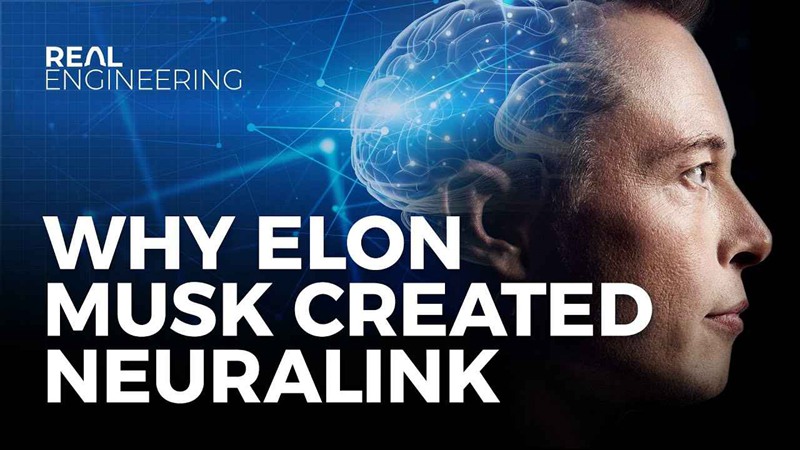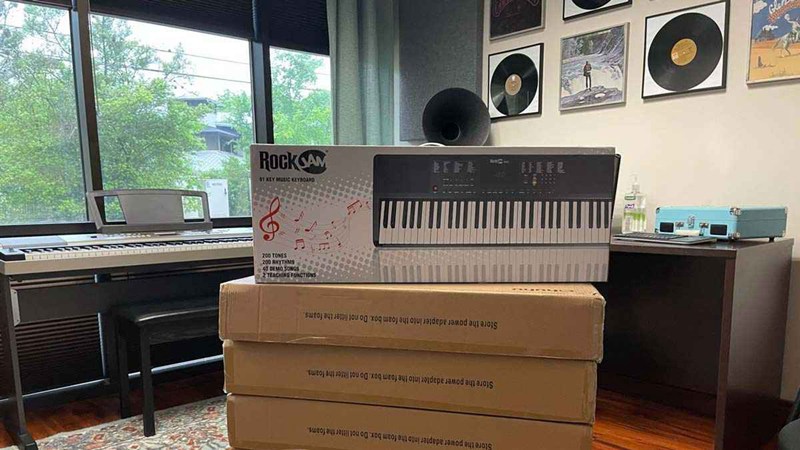-

How Artificial Intelligence Could Completely Restore Hearing
This article explores how advancements in AI, machine learning, and brain-machine interfaces could revolutionize hearing loss solutions. Current challenges include background noise interference with traditional hearing aids, but emerging technologies like AI-based lip-reading are offering promising alternatives. By using computer vision to analyze visual speech patterns, computers can generate clean audio without relying on sound input, effectively bypassing the need for noise removal. This techn...
-

How Doctors Speak About Hearing Loss and Hearing Aids Matters
Confronting hearing loss is a significant challenge, and the way healthcare providers communicate about it plays a crucial role in how patients perceive and address the issue. The article highlights that not all healthcare providers are equally supportive or effective in discussing hearing loss, as seen in Jane Erickson's experience with her primary-care doctor, who initially dismissed her concerns before referring her to an audiologist for proper diagnosis and treatment. Hearing loss is a common...
-

How Machine Learning Will Revolutionize Hearing Aids
This article explores the potential future advancements in machine-learning hearing aids. While current progress is notable, the next significant breakthrough for users may require hearing aids to perform complex computations independently, without relying on smartphones. Once these devices achieve super-computer-level processing capabilities, they could potentially offer real-time speech-in-noise parsing, significantly improving hearing clarity in noisy environments. However, such advancements a...
-

How Music Training Can Improve Life with Hearing Loss
Auditory training, or aural rehabilitation, is a valuable tool for individuals with hearing loss to enhance their listening skills and adapt to daily life. Music training, a specific form of auditory training, involves learning to play an instrument and has been shown to improve sound discrimination, working memory, and the ability to filter background noise. Audiologist Jill Davis emphasizes that music training can benefit people with varying degrees of hearing loss, as it helps the brain proces...
-

How Should I Describe Myself?
This article explores the complex and often debated topic of self-identification among individuals with hearing loss. It highlights that the choice of terms goes beyond medical descriptions, encompassing language preferences, community affiliations, and personal identity. Terms like "hard of hearing," "hearing impaired," "Deaf" (with or without capitalization), "deafened," and "late-deafened" each carry nuanced meanings, reflecting differences in communication methods, cultural perspectives, and ...
-

How to Enjoy Dinner Time With Hearing Loss
This article highlights the challenges faced by individuals with hearing loss during mealtime conversations, particularly in social settings. It describes common difficulties such as background noise, distorted lipreading due to chewing, and side conversations, which can make it hard to follow dialogue. To address these issues, the author offers practical strategies like controlling seating arrangements for better communication, enlisting a "hearing buddy" to help with missed information, being o...




